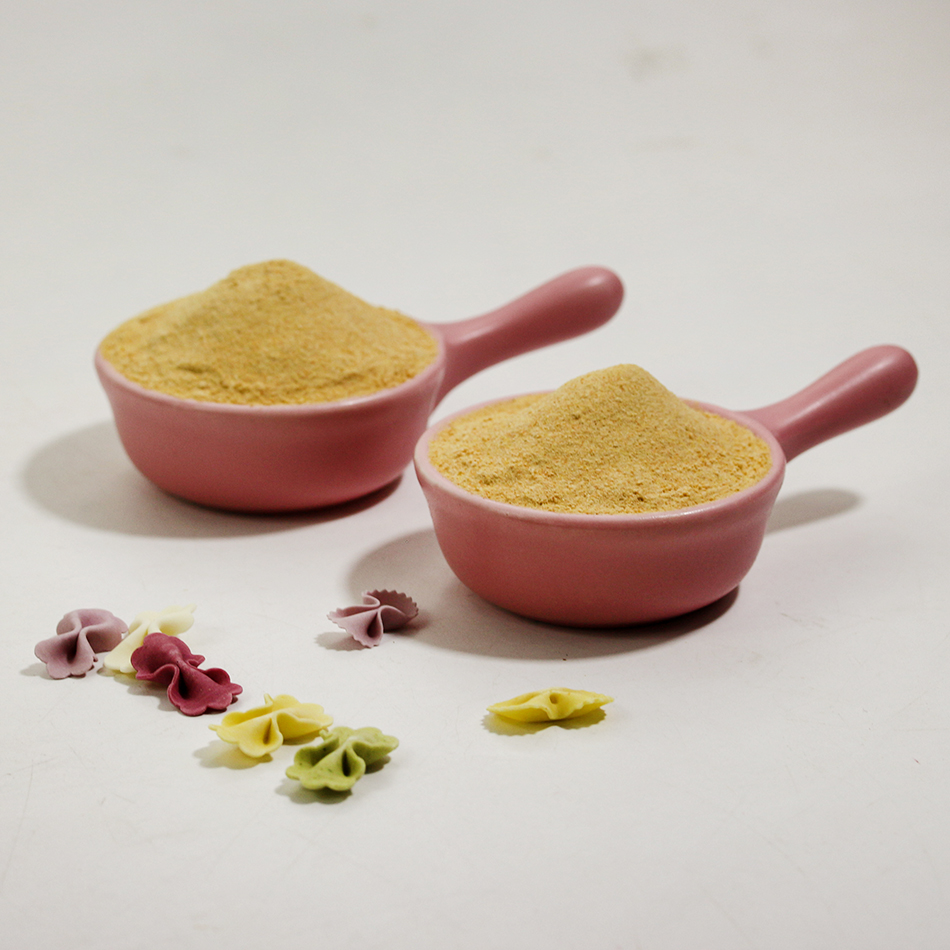Rapeseed is susceptible to drought damage in fall, winter and spring and affects yield. Autumn is the critical period for sowing seedlings and maintaining seedlings. In case of drought, rape seeding difficulties and planting area will be reduced. Live rape seedlings will grow slowly and the emergence rate will decline sharply. Not only the density cannot meet the high yield requirements, but also the individual development is poor. Transplanted rapeseed was slow to return to green and poor before winter. Winter is the flower bud differentiation and vegetative growth period of rape, in the case of drought can lead to less branching and flower bud differentiation, flowering shortened, the number of pods per plant decreased. Spring is a time when rape can grow vegetatively and reproductively. It is also a critical period of water demand in rapeseed. If drought is encountered during this period, the contradiction between the vegetative growth and reproductive growth of rape can be increased, the flowering period is shortened, and boron is difficult to absorb. It is easy to cause “flowers but not realities†and the yield and oil content are significantly reduced.
Responses:
1. Choose suitable cultivation period and density. For fields that are prone to autumn drought and have no irrigation conditions, the nursery transplanting mode is preferred, and the appropriate transplanting period is selected according to the weather forecast. If the transplanting period is postponed, the transplanting density can be gradually increased in the range of 0.8 million to 12,000 plants/mu. If the live broadcast mode is adopted, the fields can be completed in advance and applied to the base fertilizer, and the seeds can be sown before the rain according to the weather forecast. If sowing time is delayed, the seeding rate can be gradually increased in the range of 0.25-0.35 kg/mu.
2. Irrigation and drought. Always pay attention to the weather forecast, irrigation drought. Transplanting or direct-broading plots can be dredged and drought-resistant when autumn drought occurs, but flooding should be avoided. Otherwise, soil compaction will be caused, rooting difficulties will occur when transplanting rapeseeds, and seedling emergence rate of direct-seeding rape will decrease. Labored farmers can weed the soil after irrigating to prevent compaction and preserve moisture.
3. Straw returned to the field. The transplanting plots can be transplanted with 400 kg/mu of straw between rows; the live rapeseed field can cover 400-600 kg/mu of straw after sowing, and the seeding rate can be increased to 0.3-0.4. Kilograms/acre. This can reduce the evaporation of soil moisture, maintain the moistness of the root soil, ensure the planting density, and reduce the damage of spring drought in autumn and winter.
4. Check seedlings for deficiency. If there are dead seedlings, as the season allows, check and fill seedlings should be done to ensure the planting density in the field.
5. Spray conditioner. The Changchang block can be sprayed with growth inhibitors such as Chlorhexidine, which can inhibit shoot growth, promote root growth and development, and enhance drought resistance. Foliar spraying 1000-1200 times of fulvic acid after drought has also reduced disaster losses.
Dehydrated ginger powder is the powder that is ground with ginger, which is called ginger powder. It is a seasoning for both medicine and food. Its main material, ginger, is the fresh rhizome of the perennial perennial herb Ginger. The rhizome is fleshy, thick and flat. Ginger powder is pungent in taste, slightly warm in nature, and returns to the lung, spleen, and stomach meridians, and has the functions of increasing appetite, antiemetic, promoting blood circulation, dispelling cold, and detoxifying.

Dehydrated Ginger Powder,100% Natural Turmeric Powder,Instant Ginger Extract Powder,Natural Instant Ginger Powder
Laian Xinshuyu Food Co., Ltd , https://www.xinshuyufood.com